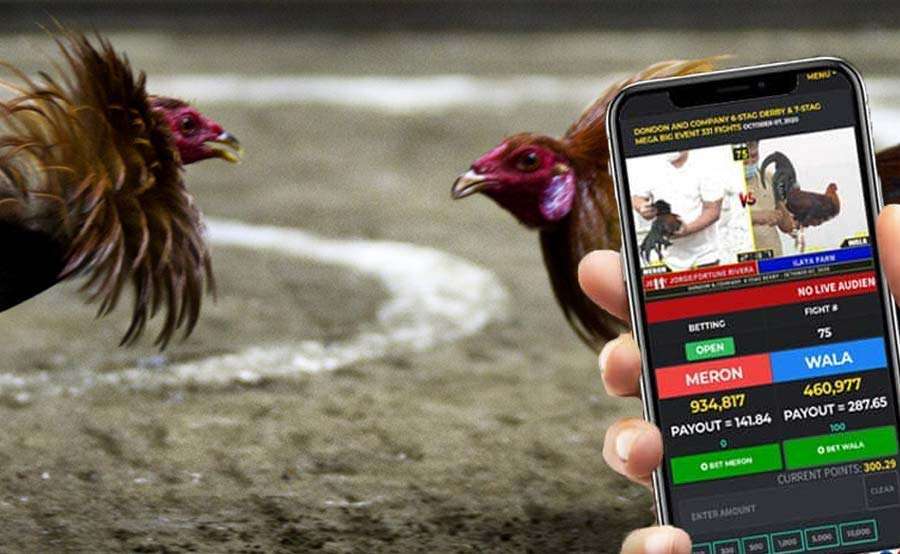As the Philippines bans Philippine Offshore Gaming Operators (Pogos), lawmakers seek new ways to recover lost revenue. One option is bringing back e-sabong, or online cockfight betting. The government banned it in 2022 due to safety and legal issues.
E-Sabong as a Revenue Source
During a House committee hearing, OFW Representative Marissa Magsino asked if e-sabong could be legalized to make up for Pogo losses. Pagcor Chair Alejandro Tengco agreed it was possible but said laws must first be in place.
“E-sabong still happens in many places, and many people know about it. Instead of letting it operate illegally, the government should legalize and regulate it,” Magsino said.
Effects of the Pogo Ban
The government could lose P7 billion to P7.5 billion in revenue from the Pogo ban. Lawmakers are searching for better alternatives. The e-sabong ban started under former President Rodrigo Duterte in May 2022 due to reports of crime, including the disappearance of 30 people. President Ferdinand Marcos Jr. later confirmed the ban in December 2022.
Can PCSO Regulate E-Sabong?
The Philippine Charity Sweepstakes Office (PCSO) is also looking into managing e-sabong. Deputy Speaker David Suarez suggested the government should control cockfight betting to ensure fairness and revenue collection.
PCSO Chair Felix Reyes noted that no agency is currently assigned to regulate cockfighting. He suggested that Pagcor or PCSO could take this role, depending on which is better suited for online betting.
E-Sabong: A Billion-Dollar Industry
Despite the ban, e-sabong still thrives. It supports jobs, breeding farms, feed production, and veterinary services. Suarez said that proper rules could stop illegal activities and help the government earn.
“E-sabong is still happening, but the government gets nothing because it is unregulated,” Suarez said. He asked PCSO to study how much money e-sabong could bring if legalized.
Fighting Illegal E-Sabong
Illegal e-sabong remains widespread. Some platforms use fake video replays to trick bettors. Suarez stressed the need for strict rules, strong monitoring, and clear policies to stop fraud and ensure fairness.
“Without proper rules, illegal operators take advantage, and bettors are fooled. Legalizing and regulating e-sabong would create a safer gambling space and bring revenue to the government,” Suarez explained.
Conclusion
With the Pogo ban in effect, e-sabong could be a new source of income. But success depends on clear laws and fair rules. Whether under Pagcor or PCSO, legal e-sabong could help replace lost revenue while solving past problems.
Lawmakers must weigh the pros and cons to decide if e-sabong can become a legal and sustainable industry for the Philippines.


Leave a Reply
You must be logged in to post a comment.